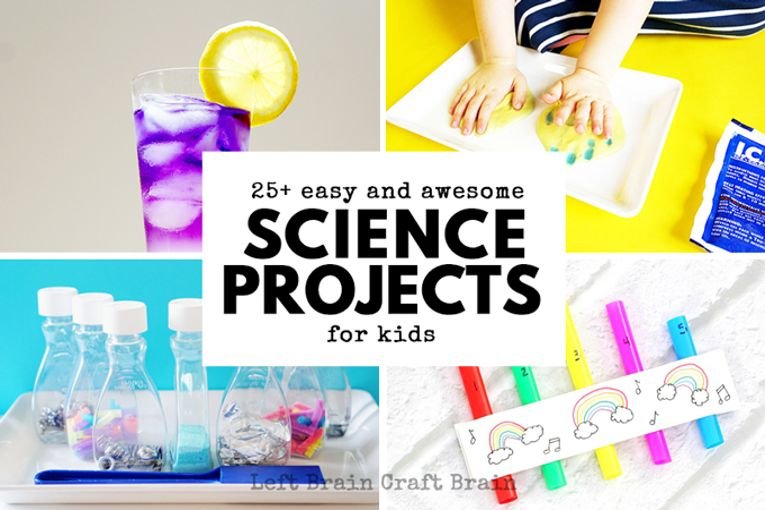The Benefits of DIY Science Projects for Kids
DIY science projects are a fantastic way to engage children in learning while having fun. These hands-on activities allow kids to explore scientific concepts in a practical and interactive manner, making learning more enjoyable and memorable. There are numerous benefits to incorporating DIY science projects into a child’s educational experience.
1. Encourages Curiosity and Exploration
One of the key benefits of DIY science projects is that they encourage children to be curious and explore the world around them. By engaging in hands-on experiments, kids can ask questions, make observations, and form hypotheses. This process of inquiry-based learning helps children develop critical thinking skills and a deeper understanding of scientific principles.
2. Fosters Creativity and Innovation
DIY science projects provide children with the opportunity to think creatively and come up with innovative solutions to problems. Whether they are building a simple circuit or conducting a chemical reaction, kids can use their imagination to design and execute their experiments. This creative freedom not only makes learning more enjoyable but also helps children develop important skills such as problem-solving and logical reasoning.
3. Promotes STEM Learning
Engaging in DIY science projects can spark an interest in science, technology, engineering, and mathematics (STEM) fields from a young age. By exploring various scientific concepts through hands-on activities, children can develop a passion for STEM subjects and potentially pursue careers in these fields in the future. DIY science projects help kids see the real-world applications of STEM knowledge and understand how it impacts their daily lives.
4. Builds Confidence and Self-Esteem
Successfully completing a DIY science project can boost a child’s confidence and self-esteem. When kids see the results of their experiments and understand the underlying scientific principles, they feel a sense of accomplishment and pride in their work. This positive reinforcement can motivate children to take on new challenges and continue exploring the world of science with enthusiasm.
5. Enhances Problem-Solving Skills
DIY science projects often involve overcoming obstacles and troubleshooting issues along the way. Children learn to think critically and analytically as they work through challenges to achieve their desired outcomes. This process of trial and error helps kids develop resilience and perseverance, essential skills that will benefit them not only in science but in all areas of life.
6. Encourages Parental Involvement
Engaging in DIY science projects can be a great way for parents to bond with their children and participate in their educational journey. Parents can help guide their kids through experiments, answer questions, and provide support as needed. This shared experience fosters communication, teamwork, and a love for learning within the family unit.
7. Instills a Love for Learning
By making science fun and engaging, DIY science projects can instill a love for learning in children. When kids see that learning can be enjoyable and hands-on, they are more likely to develop a lifelong curiosity and thirst for knowledge. This passion for learning will serve them well throughout their academic and professional careers.
8. Teaches Valuable Life Skills
In addition to scientific knowledge, DIY science projects also teach children valuable life skills such as time management, organization, and attention to detail. Kids learn to follow instructions, plan and execute experiments, and record their observations accurately. These skills are transferable to various aspects of their lives and contribute to their overall development.
In conclusion, DIY science projects offer a myriad of benefits for children, ranging from fostering curiosity and creativity to promoting STEM learning and building confidence. By engaging in hands-on experiments, kids can develop a deeper understanding of scientific concepts while having fun along the way. Encouraging children to explore the wonders of science through DIY projects sets them on a path of lifelong learning and discovery.







